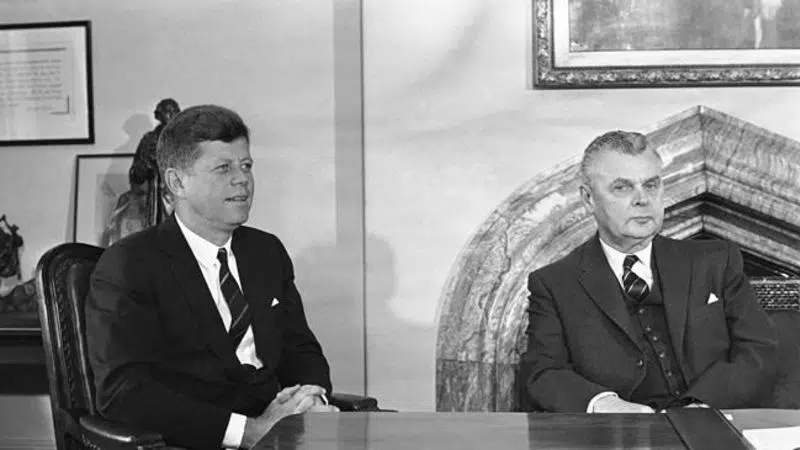
Researchers try to shed light on secret Canadian Cold War archive
OTTAWA — The prime minister’s bureaucrats are hoarding a trove of decades-old records that chronicle Canada’s Cold War intelligence history, say security researchers who are pushing to make the files publicly accessible.
They’re puzzled as to why the Privy Council Office has not handed the extensive collection — which touches on everything from Iron Curtain defectors to possible Soviet invasion — to Library and Archives Canada for preservation and public release.
“I think Canadians have a right to understand their history,” said Alan Barnes, a senior fellow at the Centre for Security, Intelligence and Defence Studies at Carleton University’s Norman Paterson School of International Affairs. “To allow the government to hide this history away for their own convenience, it defeats the whole purpose of having an archival system.”
